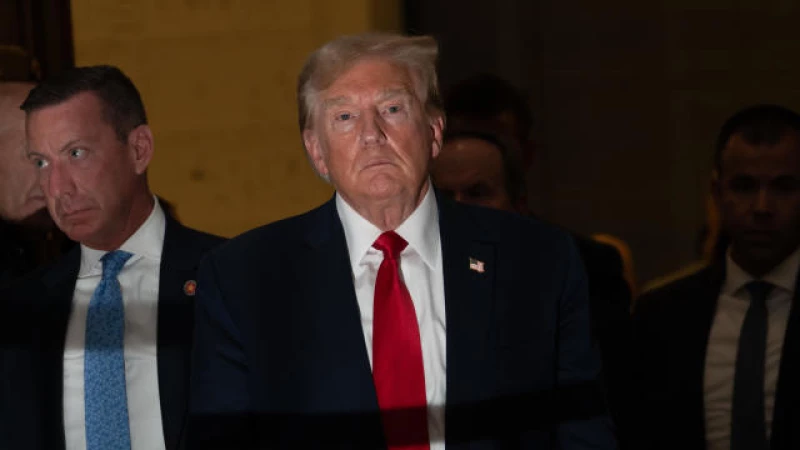Special Counsel Seeks Supreme Court Decision on Trump's Immunity
Washington — Special counsel Jack Smith asked the Supreme Court on Monday to swiftly decide whether former President Donald Trump is absolutely immune from federal prosecution for crimes allegedly committed while he was in office.
In an 81-page request filed with the high court on Monday, Smith asked the justices to rule before a federal appeals court can weigh in on the matter. U.S. District Judge Tanya Chutkan, who is presiding over the case involving the 2020 presidential election, ruled earlier this month that Trump cannot be shielded from criminal prosecution after his presidency for alleged actions that occurred while he was in the White House.
The former president suggested in a filing with the district court that he intends to appeal Chutkan's ruling to the U.S. Court of Appeals for the District of Columbia Circuit. But the special counsel wrote in his filing to the Supreme Court on Monday that he is seeking to bypass the appellate court because "it is of imperative public importance" that Trump's claims of immunity be resolved and his trial proceed "as promptly as possible if his claim of immunity is rejected."
Trump's Trial Update
According to reports, the trial of former President Donald Trump is expected to commence on March 4. However, Trump has requested the district court to temporarily halt the proceedings as he pursues an appeal. The charges against him include four counts related to alleged attempts to obstruct the transfer of presidential power after the 2020 election. Trump has pleaded not guilty to all charges.
In a recent statement, Judge Smith emphasized the significance of holding a former president accountable for criminal conduct that undermines the peaceful transfer of power. He stated, "A cornerstone of our constitutional order is that no person is above the law. The force of that principle is at its zenith where, as here, a grand jury has accused a former president of committing federal crimes to subvert the peaceful transfer of power to his lawfully elected successor."
The Supreme Court justices have no further closed-door conference meetings scheduled before the end of the year. Their next conference is set to take place on January 5.







